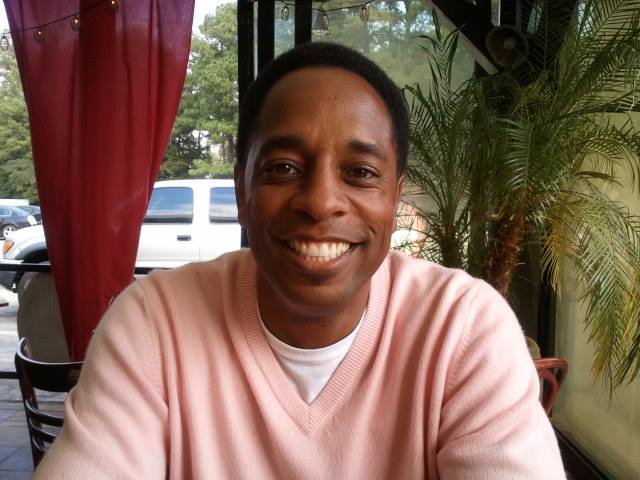This is Craig Williams and on today’s show we have Les Adkins. Les is the founder and CEO of Orange SMS. He is known in the industry as the Zig Ziglar of social media. Les helps businesses bridge the gap between old corporate and tech savvy business models. He has shared the stage with the likes of Les Brown and Sharon Lechter.
Craig: Welcome Les Adkins, seems like just yesterday we talked. Let’s get right into it, with Getting it Right, or might I say, Get it Right, Chapter 3, Why Social Media Works? Basically, there’s some problems that we have, and have had, in communications since the beginning of man. Where I want you to take us to is in the depths of why social media works. My first question to you is, what are the changes taking place, and there are many of them, it’s almost like it’s a weekly thing that a lot of changes are being made in social media, what are the changes taking place that makes you and others, other experts and authorities like yourself, think that social media works?
Les: One of the big things about social media is the mobility of it. If you think about it from a perspective of, in the earlier times where you had to write something down, take it back, document it, and then get it out in some format, whether it be radio, television, or newspaper, there was a time lapse there. One of the big things happening in today’s world is, real time communication. If you think about it, it’s not a big stretch to go back to our great, great grandparents and the communities back then that were very set apart from one another. There wasn’t mass transportation, there wasn’t internet access. You could even go back before there was a phone, an actual phone.
How did those communities evolve? If they wanted to get something done, what did they do? They went and talked to the people that they trusted, their neighbors, the people that were around them. All social media did was, it allowed you to have a much larger community. You build trust with those people in the community for like minded interests, or just you have continuous conversations with them, and then now you ask your community about they wanted. There’s a great statistic that came out of consumers that talked about how eighty eight percent of consumers trust online reviews as much as personal recommendations.
It was a local consumer survey done in the U. S., Canada, and UK. This actual survey talks about how it raised from eighty three percent in 2012, to eighty eight percent in 2015. If you look back to even further, it started out at seventy two percent. Which means that people have a tendency to look at social media before they make a buying decision, before they go somewhere, before they rent a hotel room, before they go on a trip. As organizations understand how viable and powerful social media is, that’s why I really believe that it’s working now from a perspective. It’s just a matter of, businesses need to figure out how to make it work.
Craig: It sounds like social media has always been with us, as long as we’ve had society or communities. It’s just that the speed of it, it’s become more efficient. It’s, as you said, real-time. The biggest change, if not the only change, has been how it’s transferred. Am I hearing you correctly?
Les: Yeah, the thing about it too, if you think about it from a perspective of going back to those neighbors, they didn’t just go up to the burbs and say, “Hey, I’ve got a painting service. I want to paint your house.” They even had names for the … The traveling salesman wasn’t thought much of. All he came in and do is sell his wares. I deal a lot with people asking, “So why do you care that I took a walk with my dog? Or that I actually … That I found a kitten on the side of the road, or that my kids got straight A’s in their school?” Social media, the digital world, is about understanding and dealing with humans. We don’t deal with blanket businesses anymore.
No one buys a Coca-Cola from Coke, they know the essence of what Coke means. They know some of the people in Coke, they hear what some of the actual people on Coca-Cola are saying on Twitter, and a bunch of other … Facebook, and things of that nature. We’re starting to deal … People dealing with people, which, like you said, it’s always been, it’s just now put in a more, those people might be literally across the globe in the UK, or in Australia, or in China. Now we can work with them and build trust with them, and then do business with them.
Craig: Got you. You could do it more frequently, because I could see how some of us who would have a traveling salesman into their home, if you got into more depth conversation outside of what he was selling us, you’d ask him if you liked the tie he had on, or you liked the car he drove up in. You could get that recommendation like you would from your neighbor or your friend, but you’d have to engage him and get past his sales pitch. Whereas, today, the internet, basically, sped that process up. You can go into communities and you can go into environments that just speak about what you’re interested in and get your answer, or your recommendation, or your referral, or your what have you quicker, when it comes to social media.

